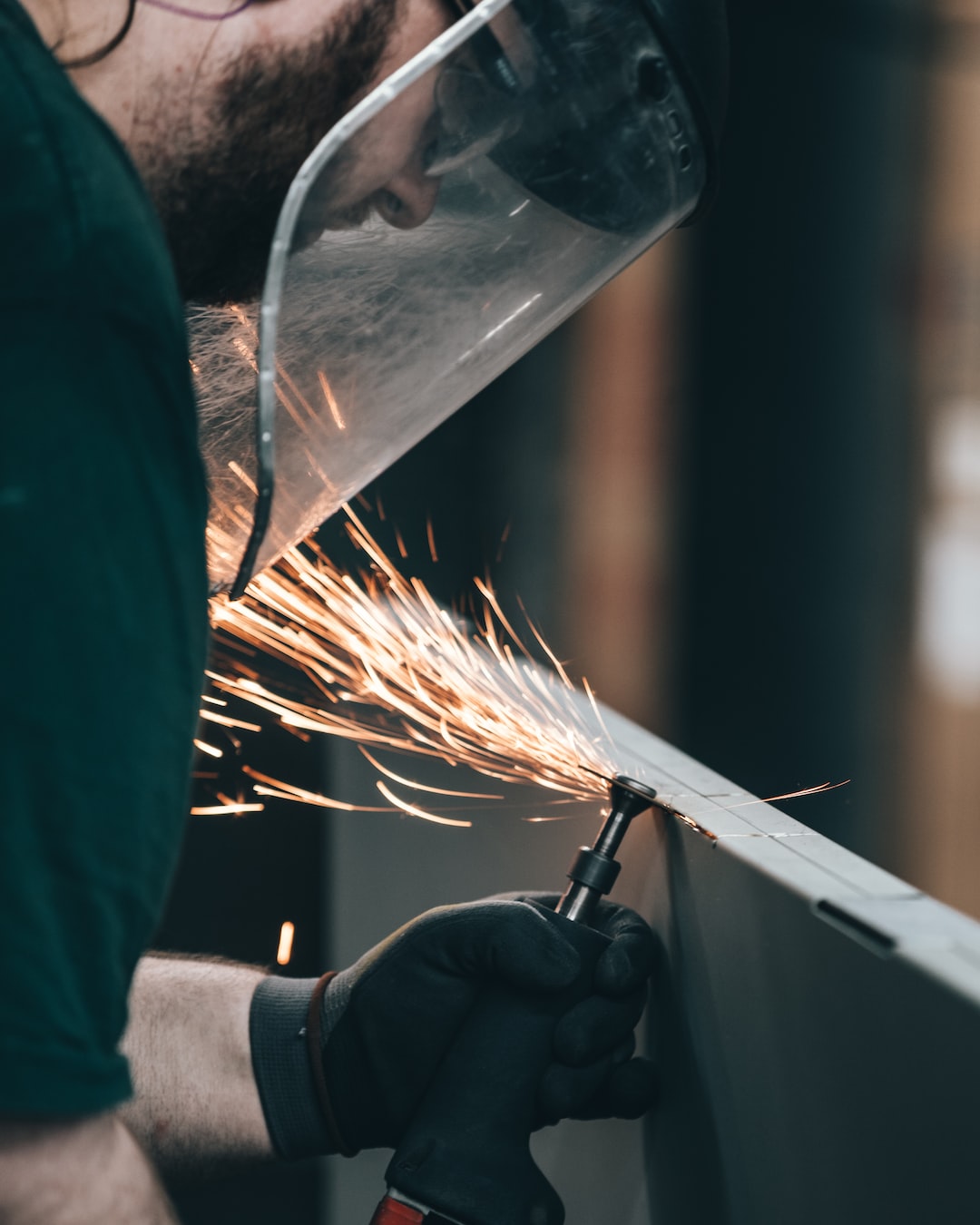The Future of Green Manufacturing: Sustainability in the Industry
As the world becomes more conscious about the environment, industries across the board are making efforts to adopt sustainable and eco-friendly practices. Manufacturing, in particular, has been undergoing a major transformation towards greener alternatives. This shift in the industry is not only beneficial for the environment, but it also opens up new avenues for growth and innovation.
One of the key aspects of green manufacturing is reducing the carbon footprint. Traditional manufacturing processes have typically relied on fossil fuels, resulting in greenhouse gas emissions and air pollution. However, with advancements in technology, manufacturers are now exploring alternative energy sources such as solar, wind, and hydro power. By harnessing renewable energy, they can significantly reduce their carbon emissions and contribute to a cleaner, greener future.
Another important focus of green manufacturing is waste reduction. Traditionally, manufacturing processes generate a significant amount of waste, whether it’s in the form of byproducts, excess materials, or packaging. However, sustainable manufacturing practices aim to minimize waste by implementing efficient processes, improving material utilization, and promoting recycling and reuse. These efforts not only reduce the environmental impact but can also lead to cost savings for manufacturers.
One of the emerging trends in green manufacturing is the adoption of circular economy principles. Instead of following a linear model of “take-make-dispose,” circular economy aims to create a closed-loop system where materials and resources are continuously reused and recycled. This shift towards a circular economy requires manufacturers to design products that are durable, repairable, and recyclable. It also encourages collaboration between manufacturers and other stakeholders to create a system where products are repurposed and recycled at the end of their life cycle.
Technology plays a crucial role in driving the future of green manufacturing. The rise of digital manufacturing tools and techniques, such as 3D printing and automation, allows manufacturers to optimize their production processes and minimize waste. Additionally, Internet of Things (IoT) enabled devices can provide real-time data and insights, enabling manufacturers to make informed decisions regarding energy consumption, production efficiency, and waste management. The integration of these technologies not only enhances sustainability but also improves overall productivity and profitability.
Furthermore, green manufacturing opens up new business opportunities and markets. With the increasing demand for sustainable products, manufacturers that can demonstrate their commitment to eco-friendly practices have a competitive advantage. Consumers are becoming more conscious about the environmental impact of their purchases, and sustainable products tend to resonate with them. By embracing green manufacturing, companies can tap into this growing market and attract a new segment of environmentally conscious customers.
The future of green manufacturing is not only limited to reducing environmental impact but also includes promoting social sustainability. This involves ensuring safe and healthy working conditions for employees, promoting diversity and inclusion, and engaging in ethical sourcing practices. Companies that prioritize social sustainability are not only likely to attract and retain top talent but also contribute to the overall well-being of society.
In conclusion, the future of green manufacturing lies in adopting sustainable practices while striving for continuous improvement. By reducing carbon emissions, minimizing waste, embracing circular economy principles, leveraging technology, and promoting social sustainability, manufacturers can create a greener and more prosperous future. The transition to green manufacturing not only benefits the environment but also opens up new business opportunities and enhances the reputation of companies. It is a win-win situation for both the industry and the planet.

